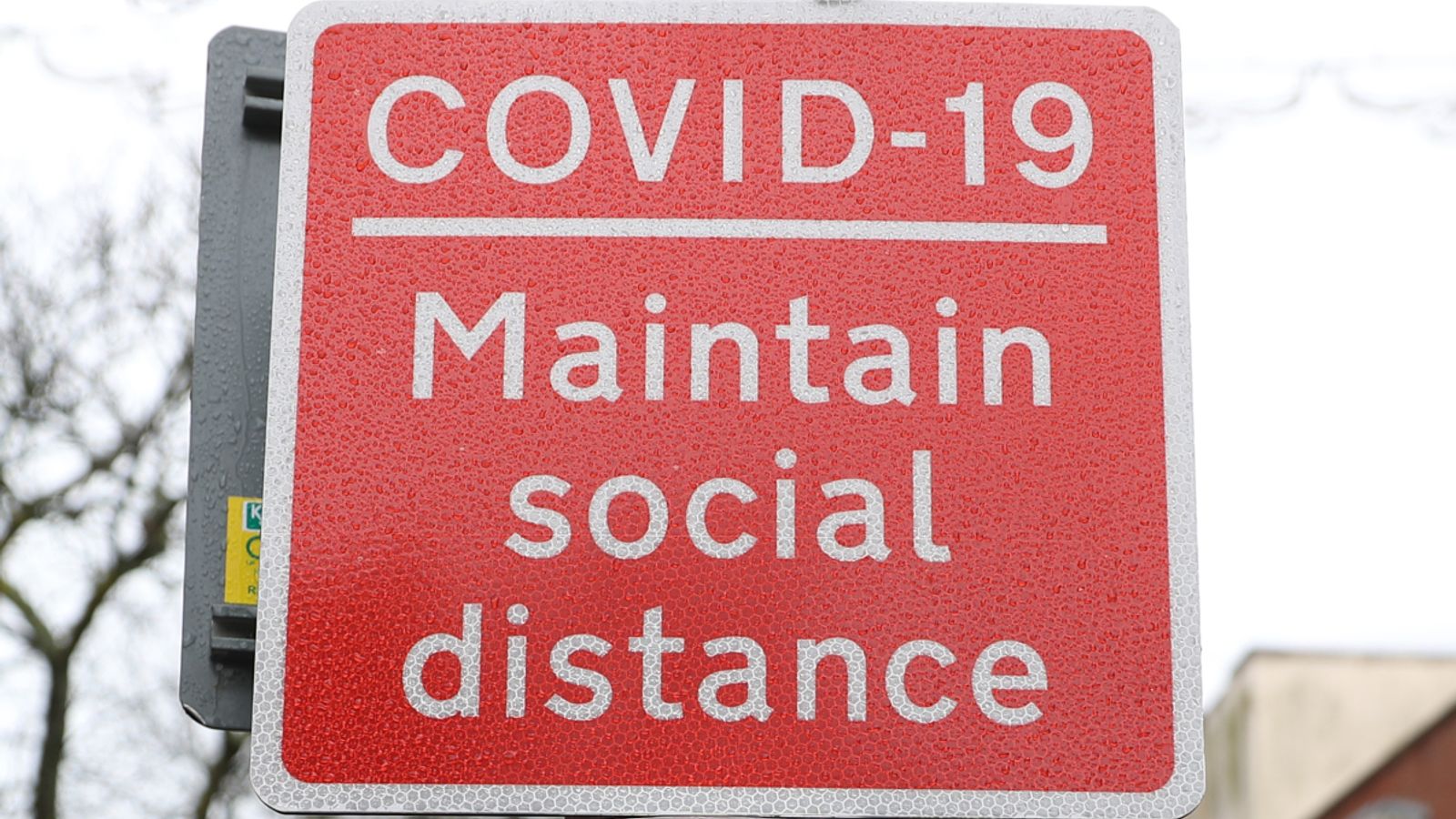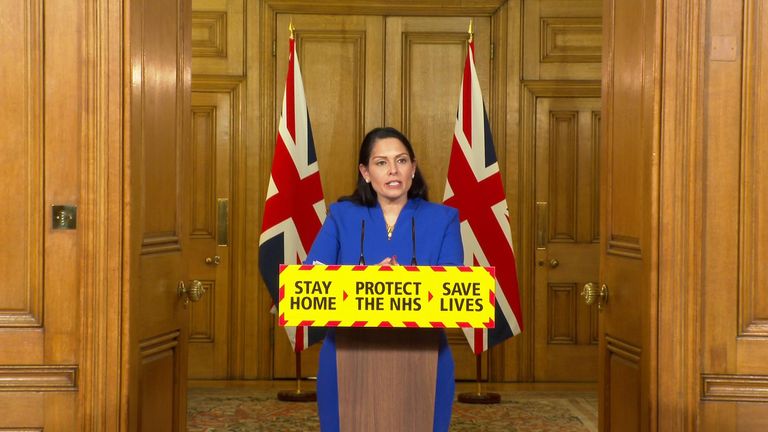Pressure on the NHS will not start to reduce until March, ministers have been warned – amid fears that new infections could be running at more than 250,000 a day.
Downing Street has been told by government scientists that the rollout of the vaccines is unlikely to cause the mortality rate to decline until later in February.
The vaccines are unlikely to have an impact in January because of the three-week lag time it takes before it has an effect.
Boris Johnson is under pressure from backbench MPs to announce he is lifting restrictions on 8 March.
Mark Harper, chair of the COVID Recovery Group of Tory MPs, said that after this date – three weeks after the deadline set to vaccinate the four most vulnerable groups – “what possible reason could there be for keeping severe restrictions in place a second longer”.
But if the NHS is still running at or above capacity, Mr Johnson might be reluctant to follow their demand to remove severe restrictions at this point.
Some of Mr Johnson’s backbenchers want those aged under 60 who will still be susceptible to the virus but not at that point vaccinated to be given the choice whether to return to a greater degree of normality.
However, Downing Street will have to weigh up whether this is worth the risk given a proportion of them will still end up hospitalised.
Scientists warn it could be March before there is any reduction in the pressure on the NHS, which is set to come under its greatest strain for a generation over the coming weeks.
At a news conference on Monday, Professor Stephen Powis, NHS England’s medical director, said that hospital admissions will continue to rise into February.
But Sky News understands that government scientists are warning that many of these will be from high-risk groups that have not yet had the vaccine.
They are statistically likely to go on to recover but only after a lengthy stay in hospital. This means that the pressure on NHS critical capacity will continue into March.
It comes as ministers were warned there could be more than 250,000 infections a day at points this month.
The Office for National Statistics estimate there were about 1.1 million new infections in the week to 2 January.
But at most, government scientists say, this could amount to more than 250,000 new cases a day.
Government sources have told Sky News they do not have data yet to see whether the latest lockdown in England, announced by the prime minister last Monday, is working.
Initial data on whether the England lockdown has worked will only be available from next week at the earliest.
Ministers believe they needed two weeks from the day it was introduced at an absolute minimum to see the impact of this lockdown, given it differs from the first restrictions last March.
The biggest unknown remains whether those who have been vaccinated can no longer transmit coronavirus.
The Pfizer and AstraZeneca vaccines both stop people catching the disease and getting sick, but there is no evidence yet whether it will stop the spread.
Although all the medics and scientists hope this will be the case, it is still the subject of a big government study.



